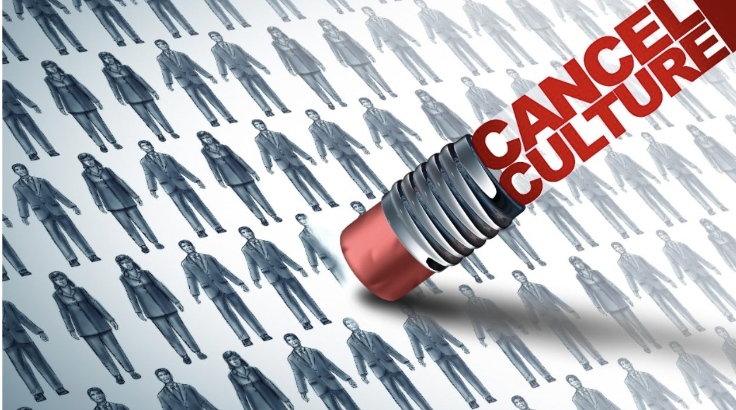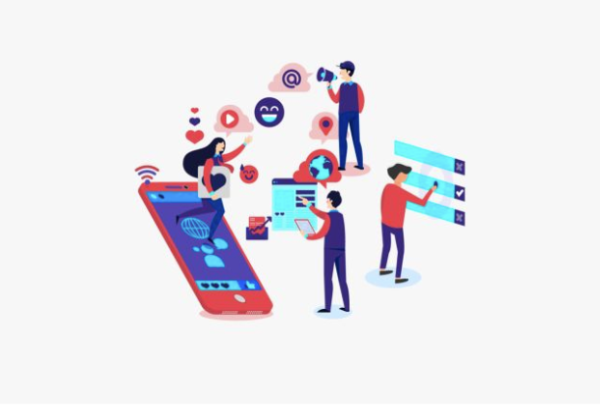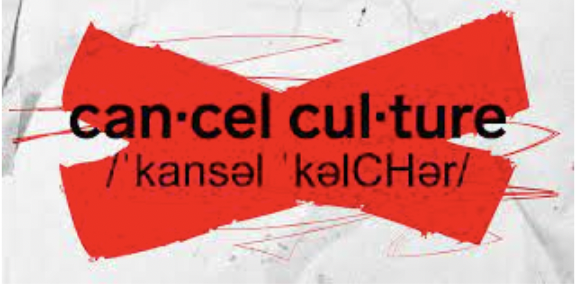What is cancel culture? The definition of cancel culture is the practice or tendency of engaging in mass canceling as a way to express disapproval and exert social pressure. In other words, cancel culture, used in the late 2010s to 2020s, was a popular term to describe the process of canceling someone due to their actions or words. Groups of people would boycott certain people – usually those with fame – but not always, primarily via social media. People would cancel others because of their unpopular or questionable opinions. Reasons for canceling celebrities are usually because of their illegal or politically incorrect behavior. The concept of “cancel culture” or the act of canceling someone has become a topic of debate. Many support the canceling of others while others think it is unfair and wrong.
A positive facet of being able to “cancel” someone due to their behavior. Cancel culture holds people accountable for their actions, words, and posts on social media. Media allows people to share their beliefs and ideas on what is right and wrong. Social media and culture give people a platform to share their thoughts, especially those who feel less powerful or as if they don’t have a voice. A time cancel culture was utilized in a positive way when Kayne West, a famous singer and businessman, was facing public backlash due to some of his anti-Semitic words, actions, and posts on social media. Many of Kayne’s fans didn’t support his actions but continued to listen to his music, while other previous Kayne fans boycotted him altogether. Cancel culture, when used to positively change society, can be a great tool to hold people accountable for their behavior and try to make a change for a better world.
Image showing how social media plays a large role in day-to-day life (Courtesy of Granada Hills Charter High School Article).
While there are benefits to cancel culture, there are many downsides. Living in a world where everything you ever did online will always be online can cause problems. One’s digital footprint lasts forever and can become a reason why people get canceled from things in their past. Alexi McCammond, former editor-in-chief of Teen Vogue, posted racist comments a decade ago which was the cause of her dismissal from the teen magazine. This is just one example of a person losing their job due to posts or comments they shared on social media years ago. Our world has become very quick to judge and there are people who hide behind screens and spend their time trying to start a ban on someone or find dirt from their past. It makes people more conscious about what they post online which is a positive because it causes people to be more mindful before posting or writing comments. However, when used incorrectly, people use cancel culture as an excuse to online bully others and even make harmful threats. Writing derogatory comments behind a screen is much more easy and hurtful. People do not have to look at the individual and say the horrible things they have written. The majority of the time people would never say the things they write online to people in person. Sadly, cancel culture does not leave a profound impact, but can have a more harmful impact on innocent people. The usage of cancel culture can go down a slippery slope when used in ways that marginalize people who have different opinions. As long as their opinions are respectful and the people who have differing opinions argue in a courteous way, there are multiple ways to hold different opinions and hold productive discussions in a civilized manner.
Artistic image of cancel culture (Courtesy of Psychology Today).
The invention and use of social media have brought up a lot of new issues in our lives that have to be addressed. Cancel culture is one of them. While I personally am not a fan of cancel culture, I understand the benefits of this movement. When used correctly, canceling someone who has said or acted in a threatening way towards harmful minority groups, or people can have a positive impact and change society to become a more accepting place. It is really up to you to understand both sides and make an educated decision if you want to participate in cancel culture or not. It can be used in a positive way to be a social reformer or a negative way that harms innocent social media users. Whether you participate in cancel culture or not, whether you like it or not, is a part of our society and is here to stay.
Works Cited
ProCon.org, “Cancel Culture – Top 3 Pros and Cons.” ProCon.org. 16 Aug. 2023,
www.procon.org/headlines/is-cancel-culture-or-callout-culture-good-for-society.
Accessed 10 October 2023.
Robertson, Katie. “Teen Vogue Editor Resigns After Fury Over Racist Tweets.” New York
Times, 10 May 2021, https://www.nytimes.com/2021/03/18/business/media/teen-vogue-editor-alexi-mccammond.html. Accessed 12 October 2023.





